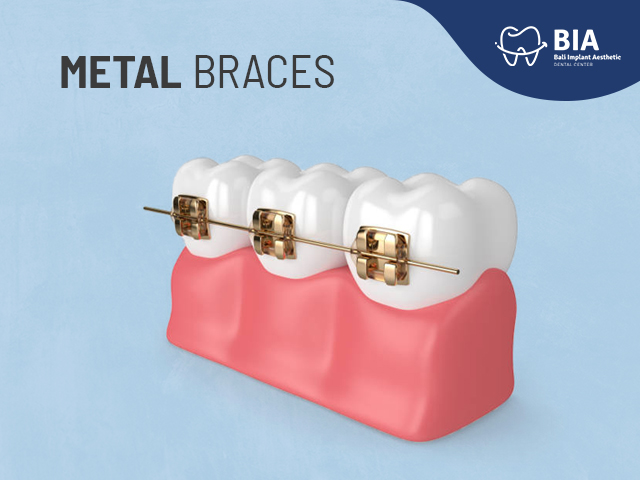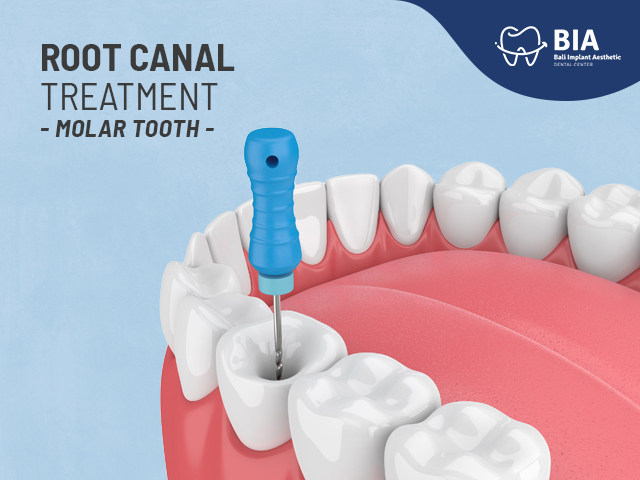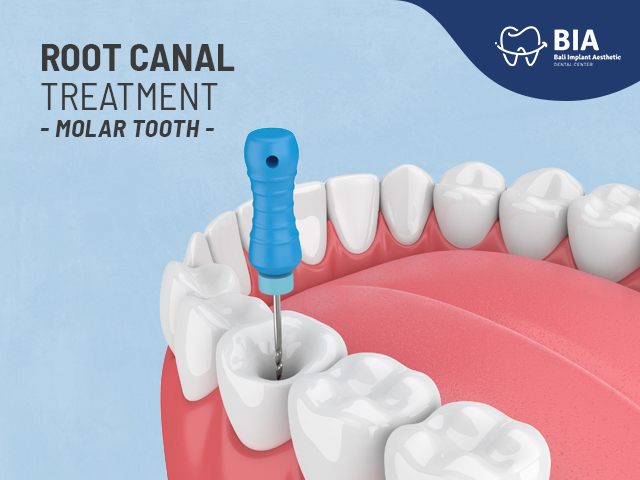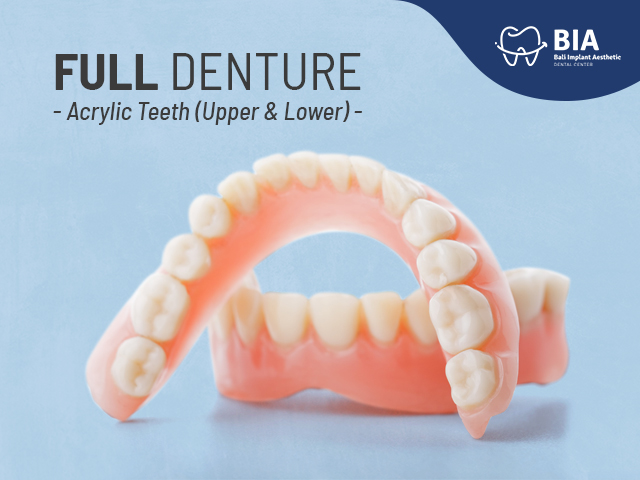High-Risk of Gum Inflammation in Pregnant Women
Article | 2023-12-23 01:52:38
Home » Articles » High-Risk of Gum Inflammation in Pregnant Women
High-Risk of Gum Inflammation in Pregnant Women
During pregnancy, hormonal changes, especially estrogen and progesterone, can affect oral health. Changes in eating patterns, behavior, and typical symptoms such as cravings, nausea, and vomiting also contribute to these alterations.
Pregnant women are vulnerable to gum disease and disorders in the supporting tissues of teeth due to neglecting oral hygiene. Changes during pregnancy can impact the quality of life for pregnant mothers. It's crucial for pregnant women to pay attention to their oral health, as it can affect the developing fetus, avoiding oral diseases that may impact pregnancy. Poor oral health in pregnant women can contribute to premature birth, low birth weight, and potential oral health issues for the baby.
Recent scientific evidence suggests that periodontal disease is a significant risk factor during pregnancy, leading to premature birth (before 37 weeks) and low birth weight (less than 2,500 g). Pregnant women with periodontitis or inflammation in the supporting tissues of the teeth can be a source of bacteria, and the byproducts of bacterial metabolism can spread to the placenta. In severe cases of periodontitis, infection agents and their byproducts can activate local inflammation signals, potentially reaching the fetal-placental unit. This may not only cause premature birth but also lead to preeclampsia and restrict fetal growth.
The occurrence of dental diseases during pregnancy is not solely influenced by the pregnancy itself but also by a lack of knowledge about oral health care, impacting poor oral health behaviors.
Conditions Detrimental to Dental Health During Pregnancy:
1. Consuming Cavity-Causing Snacks: Carbohydrates, especially sucrose in chocolate and other sweet foods, can damage teeth and increase the risk of cavities if consumed without proper attention to oral hygiene.
2. Irregular Brushing Habits.
3. Feeling No Need for Regular Dental Checkups.
4. Only Visiting the Dentist When Problems Arise.
5. Vomiting: This situation exposes teeth to stomach acid, making them more fragile.
Things Pregnant Women Should Consider or Adopt to Maintain Dental and Oral Health:
1. Regular Teeth Brushing: Reduces the risk of dental and oral diseases.
2. Use of Dental Floss: Helps remove food debris between teeth.
3. Rinsing After Vomiting: Neutralizes mouth acid, reducing the risk of tooth damage.
4. Intake of Vitamin A and C: Reduces the risk of gum inflammation.
5. Reduced Sugar Consumption: Decreases the frequency of cavities.
6. Regular Dental Checkups: During pregnancy, can help optimize the dental and oral health of pregnant women.
When is the Right Time for Dental Treatment During Pregnancy?
Pregnancy is not a reason to postpone routine dental care. In the first trimester, X-ray procedures are only performed in emergencies with maximum protection. Treatment can be provided throughout pregnancy, but ideally between weeks 14 and 20. Tooth extraction can be performed in the second trimester, while non-emergency treatments can be postponed until after childbirth.
References:
1. Sajjan P, Pattanshetti JI, Padmini C, Nagathan VM, Sajjanar M, Siddiqui T. Oral health-related awareness and practices among pregnant women in Bagalkot District, Karnataka, India. J Int Oral Health. 2015; 7(2): 1-5.
2. Lu HX, Xu W, Wong MC, Wei TY, Feng XP. Impact of periodontal conditions on the quality of life of pregnant women: a cross-sectional study. Health and Quality of Life Outcomes. 2015; 13:67: 1-14.
3. Claas BM. Self-reported oral health and access to dental care among pregnant women in Wellington. Thesis Master of Public Health at Massey University, Wellington, New Zealand. 2009; p.15-18.
4. United Nations. Millennium development goals report 2014. New York: United Nations, 2014.
5. Shanthi V, Vanka A, Bhambal A, Saxena V, Saxena S, Kumar SS. Association of pregnant women periodontal status to preterm and low-birth-weight babies: a systematic and evidence-based review. Dent Res J (Isfahan). 2012; 9(4): 368-80.
6. Zi MY, Longo PL, Bueno-Silva B, Mayer MP. Mechanisms involved in the Association between periodontitis and complications in pregnancy. Front Public Health. 2015; 2: 290.
Contact Information:
BIA (Bali Implant Aesthetic) Dental Center
Jl. Sunset Road No.168, Seminyak, Badung, Bali Indonesia 80361.
+6282139396161




